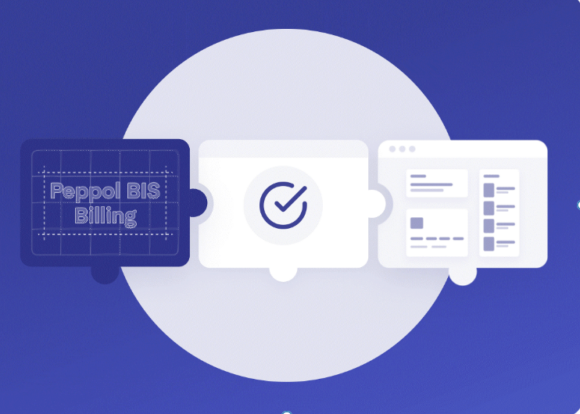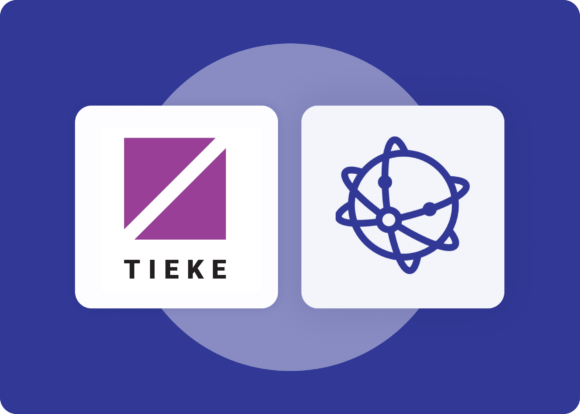Qvalia blog
Category: Peppol
Peppol, previously “Pan-European Public Procurement Online” and spelled out by the acronym PEPPOL, is an international business network and framework that facilitates electronic procurement (e-procurement) and secure exchange of business documents between organizations.
Initially developed in Europe, Peppol has gained global recognition for its ability to enhance efficiency, reduce paperwork, and streamline communication across various industries and sectors.
Key features of the Peppol network include:
- Standardization: Peppol establishes a common set of standards for electronic document formats, such as invoices, purchase orders, and shipping notices. This ensures seamless interoperability between different trading partners, regardless of their technical systems.
- E-Invoicing: One of the primary applications of Peppol is electronic invoicing (e-invoicing), allowing businesses to generate, send, and receive invoices electronically. E-invoicing through Peppol improves accuracy, reduces processing time, and accelerates payment cycles.
- Business documents: Besides e-invoices, Peppol can facilitate a wide range of business messages including e-orders, e-catalogs, punchout, and more.
- Access Points: Peppol operates through a network of certified Access Points. These service providers connect businesses to the Peppol network, enabling them to exchange e-documents securely. Access Points manage data routing, encryption, and compliance.
- International Reach: While initially focused on Europe, Peppol’s principles have been adopted by various countries and regions worldwide. This global reach makes it easier for businesses to engage in cross-border trade and e-procurement.
- Security and Trust: Peppol incorporates strong security measures, including digital signatures and encryption, to ensure the confidentiality and authenticity of exchanged documents. This builds trust and mitigates the risk of fraud.
- Efficiency Gains: Peppol reduces administrative burdens and manual data entry by automating document exchange. This leads to fewer errors, faster processing, and cost savings for businesses.
- Regulatory Compliance: Many governments and regulatory bodies recognize Peppol-compliant e-invoicing as a valid method for meeting tax and reporting obligations. This promotes compliance with local regulations.
- E-Procurement: Beyond e-invoicing, Peppol supports other e-procurement processes such as purchase orders, order responses, and catalog management. This end-to-end approach streamlines the entire procurement lifecycle.
Peppol’s emphasis on standardized, interoperable e-document exchange has transformed the way businesses interact and conduct transactions. By embracing the Peppol network, organizations can enhance their operational efficiency, reduce costs, and promote sustainability in their supply chain processes.
Read on the learn more about Peppol.

Using e-orders can be transformative for your business. Get step-by-step tips on choosing the right solution in this buyer’s guide to e-orders.

Integrating electronic messages in business transactions—from e-invoices to e-orders and more—into daily operations has historically been challenging, complex, and costly. However, the landscape is …

The European Commission has published a report on electronic invoicing in Europe, analyzing the effects of e-invoicing policy and adoption from the basis of the impactful Directive 2014/55/EU.

How can you level up your order-to-cash processes with data management and business messaging? Join this webinar on new technology in O2C.

As one of the initial access points, Qvalia has achieved Peppol service provider accreditation in Finland, ahead of the upcoming national mandate for electronic orders.
